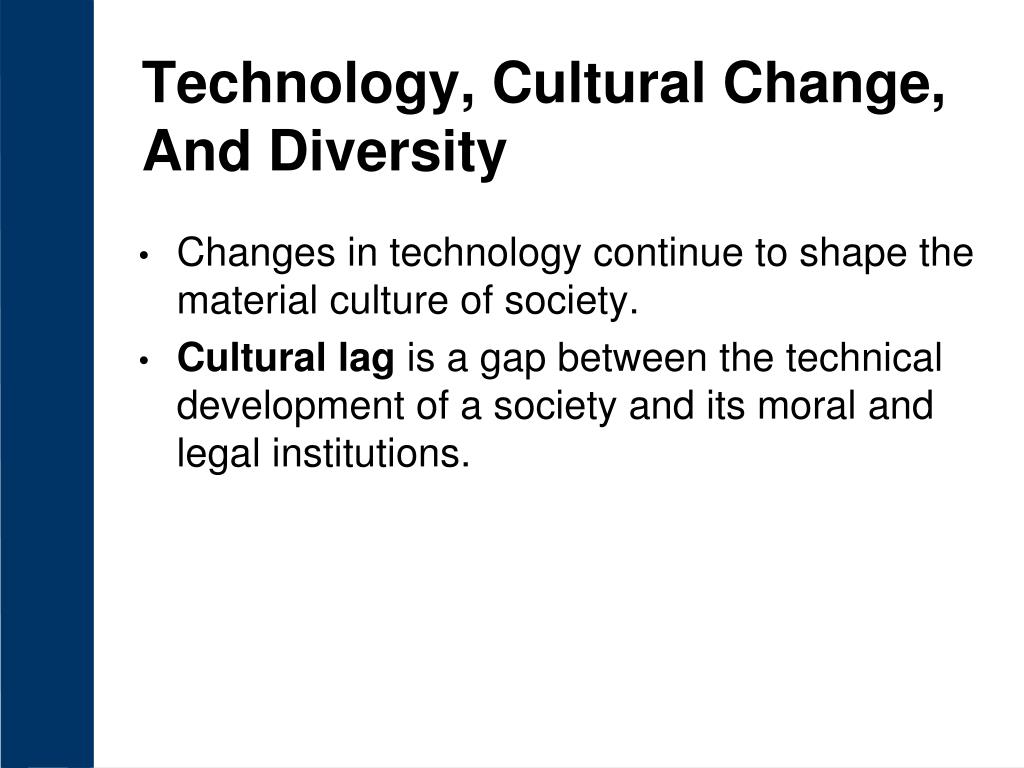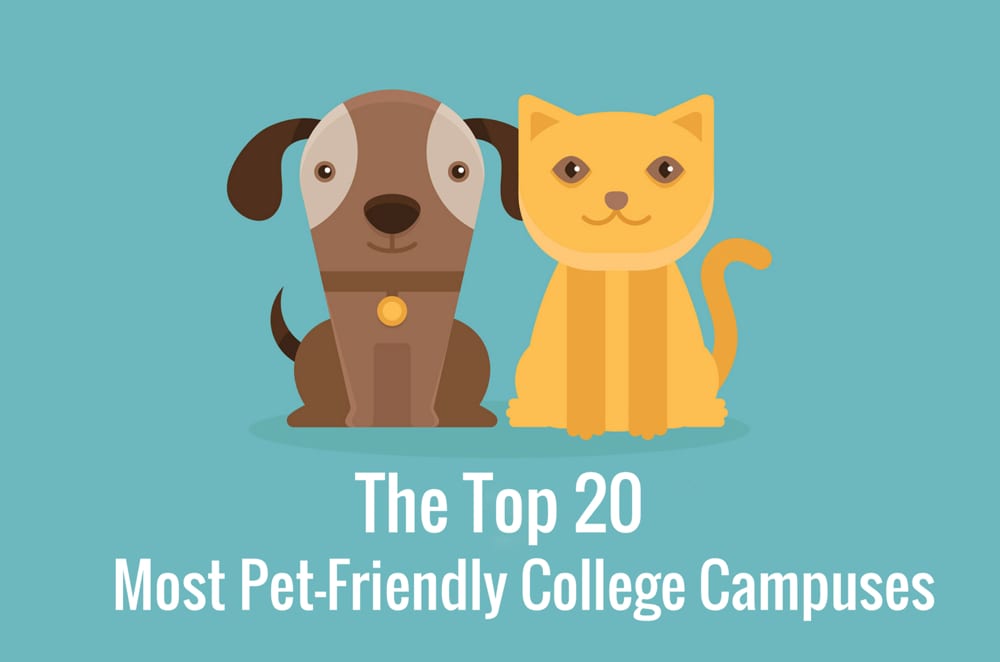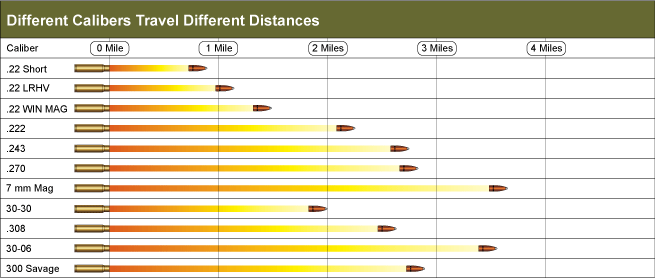Educational Attainment: Understanding the Highest Levels of Academic Achievement
Educational attainment: understand the highest levels of academic achievement
Education represent one of the virtually significant investments a person can make in their future. The journey through various levels of education open doors to career opportunities, personal growth, and intellectual development. Understand the different levels of educational attainment help individuals make informed decisions about their academic paths and professional goals.
The educational hierarchy
Educational systems worldwide follow a broadly similar progression, though terminology and specific requirements may vary by country. In most systems, education advance through progressively specialized and rigorous levels.
Primary and secondary education
While not consider higher education, primary and secondary schooling form the essential foundation upon which all academic achievement build:
-
Elementary / primary school
basic education typically span ages 5 11 -
Middle school / junior high
transitional education ordinarily cover ages 11 14 -
High school / secondary school
comprehensive education broadly for ages 14 18
A high school diploma or equivalent (such as a gGEDin the uUnited States)represent the completion of secondary education and serve as the minimum requirement for many entry level positions and further educational opportunities.
Undergraduate education
Undergraduate education represent the first level of higher education after complete secondary school:
Associate degrees
Associate degrees typically require two years of full-time study at community colleges, junior colleges, or technical schools. These degrees fall into several categories:
-
Associate of arts (aAA)
focus on liberal arts and humanities -
Associate of science (as )
emphasize mathematics and scientific disciplines -
Associate of applied science (aAAS)
concentrates on technical and vocational skills
Associate degrees can serve as either a terminal degree for specific careers or as a stepping stone toward a bachelor’s degree.
Bachelor’s degrees
Bachelor’s degrees typically require four years of full-time study at colleges or universities. Common bachelor’s degrees include:
-
Bachelor of arts (bBA)
focus on humanities, social sciences, and languages -
Bachelor of science (bBS)
emphasize natural sciences, mathematics, and technical fields -
Bachelor of fine arts (bBFA)
specializes in visual or perform arts -
Bachelor of business administration (bBBA)
concentrates on business principles and practices
A bachelor’s degree represent a significant milestone in educational attainment and serve as the minimum requirement for many professional positions and advanced educational opportunities.
Graduate education
Graduate education build upon the foundation of a bachelor’s degree, offer specialized knowledge and advanced skills in specific disciplines.
Master’s degrees
Master’s degrees typically require one to three years of full-time study beyond a bachelor’s degree. These programs involve specialized coursework and oftentimes culminate in a thesis or comprehensive examination. Common master’s degrees include:
-
Master of arts (ma )
advanced study in humanities and social sciences -
Master of science (ms )
advanced study in scientific and technical fields -
Master of business administration (mMBA)
advanced study in business management -
Master of fine arts (mMFA)
terminal degree in creative and perform arts -
Master of education (med )
advanced study in education theory and practice -
Master of public health (mph )
specialized study in public health disciplines
Master’s degrees demonstrate expertise in a specific field and can importantly enhance career prospects and earn potential.

Source: fity.club
Professional degrees
Professional degrees prepare students for specific careers that require specialized knowledge and license. These programs typically range from three to five years of study beyond a bachelor’s degree. Examples include:
-
Doctor of medicine (mMD)
require tpracticingas a physician -
Juris doctor (jJD)
require tpracticinglaw in most jurisdictions -
Doctor of dental surgery (dDDS)
Or
Doctor of dental medicine (dDMD)
require tpracticingdentistry -
Doctor of pharmacy (pfarm)
)
require tpracticingas a pharmacist -
Doctor of veterinary medicine (dDVM)
require tpracticingveterinary medicine
Professional degrees involve rigorous coursework, practical training, and frequently require pass licensing examinations before graduates can practice in their fields.
Doctoral degrees
Doctoral degrees represent the highest level of academic achievement in most fields. These programs focus on original research, advanced theory, and the creation of new knowledge. Doctoral programs typically require three to seven years of study beyond a master’s degree, culminate in a dissertation or doctoral thesis. Common doctoral degrees include:
-
Doctor of philosophy (pPhD)
the virtually common research doctorate, award in intimately all academic disciplines -
Doctor of education (eEDD)
focus on educational leadership and practice -
Doctor of business administration (dDBA)
advanced research in business disciplines -
Doctor of psychology (pPSD))
emphasize clinical practice in psychology -
Doctor of nursing practice (dDNP)
terminal degree for advanced nursing practice
Doctoral degrees demonstrate the highest level of expertise in a field and qualify individuals for academic positions, research roles, and leadership positions in many industries.
Post-doctoral education and research
While doctoral degrees represent the highest formal academic qualification, many scholars pursue post-doctoral research positions to far develop their expertise and research capabilities. Post-doctoral fellowships typically last one to three years and allow researchers to:
- Conduct independent research under the mentorship of establish scholars
- Publish findings in academic journals
- Develop specialized skills and knowledge
- Build professional networks in their field
Post-doctoral experience is oftentimes expect for those pursue careers in academic research at prestigious institutions.
Specialized certifications and credentials
Beyond traditional academic degrees, many professions recognize specialized certifications that demonstrate expertise in specific areas. These credentials may require:
- Completion of specialized coursework
- Pass rigorous examinations
- Demonstrate practical experience
- Fulfil continue education requirements
Examples of prestigious professional certifications include:
-
Certified public accountant (cCPA)
advanced accounting credential -
Project management professional (pPMP)
recognize project management expertise -
Chartered financial analyst (cCFA)
elite investment management credential -
Professional engineer (pe )
licensed engineering professional -
Board certification in medical specialties
advanced medical practice credentials
These certifications oftentimes complement formal education and can importantly enhance professional opportunities.
The value of higher education
Career advancement and earning potential
Higher levels of educational attainment powerfully correlate with increase earn potential and career advancement opportunities. Accord to labor statistics, individuals with advanced degrees tend to experience:
- Higher starting salaries
- Greater lifetime earnings
- Lower unemployment rates
- More opportunities for advancement
- Greater job security
The financial return on educational investment varies by field, with disciplines like medicine, engineering, computer science, and business management typically offer the highest financial returns.

Source: theparentsguideto.co.uk
Personal and intellectual development
Beyond career benefits, higher education provide valuable personal and intellectual growth:
- Development of critical thinking skills
- Exposure to diverse perspectives and ideas
- Enhancement of communication abilities
- Cultivation of research and analytical skills
- Building of professional and personal networks
These benefits extend beyond the workplace, enrich all aspects of life and contribute to lifelong learning.
Alternative educational pathways
While traditional academic degrees remain the virtually recognize form of educational attainment, alternative pathways have gain prominence:
Vocational and technical training
Vocational and technical programs provide specialized skills for specific careers, oftentimes require less time and financial investment than traditional degrees. These programs offer:
- Practical, hands-on training
- Industry recognize certifications
- Direct pathways to skilled trades and technical professions
- Opportunities for apprenticeships and on the job learning
Many high demand fields like healthcare technology, information technology, advanced manufacturing, and skilled trades offer excellent opportunities through vocational pathways.
Continue education and professional development
Lifelong learning has become essential in our quickly change economy. Continue education options include:
- Certificate programs in emerge fields
- Professional development courses
- Industry conferences and workshops
- Online learning platforms and massive open online courses (mmoons)
These opportunities allow individuals to stay current in their fields and develop new skills throughout their careers.
Global perspectives on educational attainment
Educational systems and the recognition of academic credentials vary worldwide. International organizations like uUNESCOhave work to establish frameworks for compare qualifications across countries, such as the international standard classification of education ((siced.)
Some notable international variations include:
- The bologna process in Europe, which standardize degree requirements across countries
- British influence systems that award honor degrees base on academic performance
- German influence systems with distinctive research doctorates
- East Asian systems that place strong emphasis on national examinations
Understand these differences become progressively important in our globalized economy and international job market.
Choose the right educational path
Determine the appropriate level of education require careful consideration of several factors:
-
Career goals
research the typical educational requirements for desire professions -
Personal interests
consider fields that align with natural aptitudes and passions -
Financial considerations
evaluate the return on investment for various educational options -
Time commitment
assess the feasibility of complete programs while balance other responsibilities -
Learn style
determine which educational environments best support personal learning preferences
Many individuals find that their educational journey evolve throughout their careers, with additional credentials acquire as interests and opportunities develop.
The future of educational attainment
The landscape of higher education continue to evolve in response to technological advances, economic shifts, and change workplace demands. Emerge trends include:
- Micro credentials and digital badges that certify specific skills
- Hybrid learning models that combine online and in person instruction
- Competency base education that focus on demonstrable skills sooner than time spend
- Interdisciplinary programs that cross traditional academic boundaries
- Increase emphasis on experiential learning and practical application
These innovations expand access to education and create more flexible pathways to achieve educational goals.
Conclusion
Educational attainment represent a continuum of learning and achievement, from foundational secondary education through the highest levels of specialized expertise. While doctoral and professional degrees represent the pinnacle of formal academic credentials, the” highest ” evel of education finally depend on individual goals, professional requirements, and personal circumstances.
In our knowledge base economy, the pursuit of education progressively extend beyond formal degrees to encompass lifelong learning and continuous skill development. The virtually successful individuals frequently combine traditional credentials with specialized certifications, practical experience, and ongoing professional development to create a unique educational profile that support their personal and professional aspirations.
Whatever educational path one choose, the pursuit of knowledge remain one of the virtually valuable and rewarding investments a person can make in their future.
MORE FROM nicoupon.com













